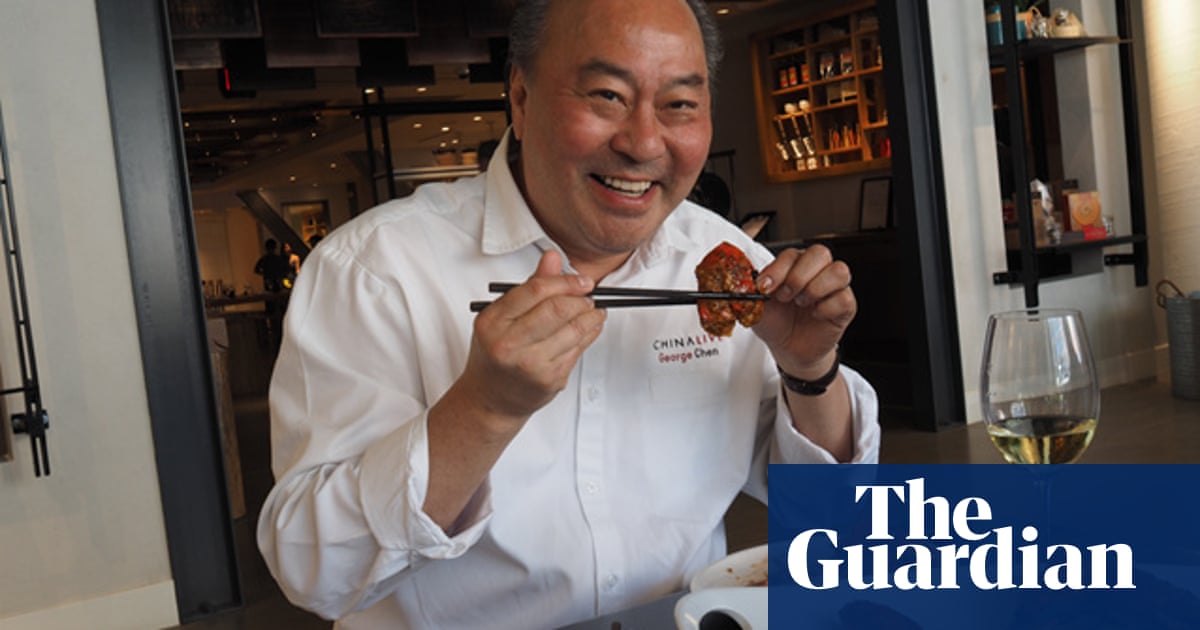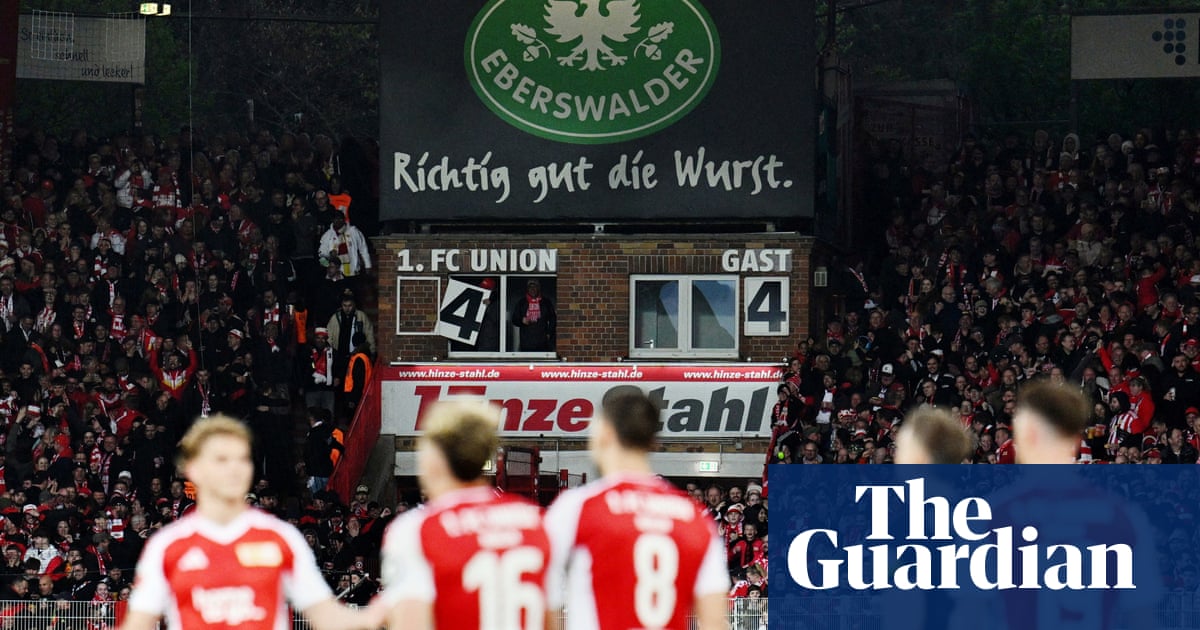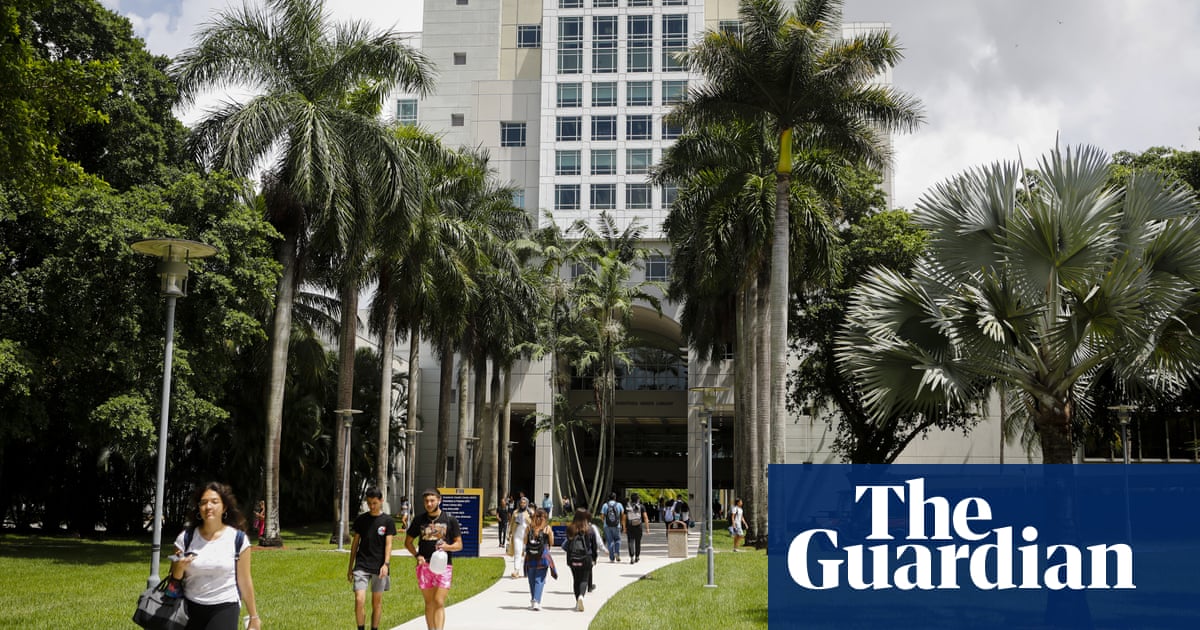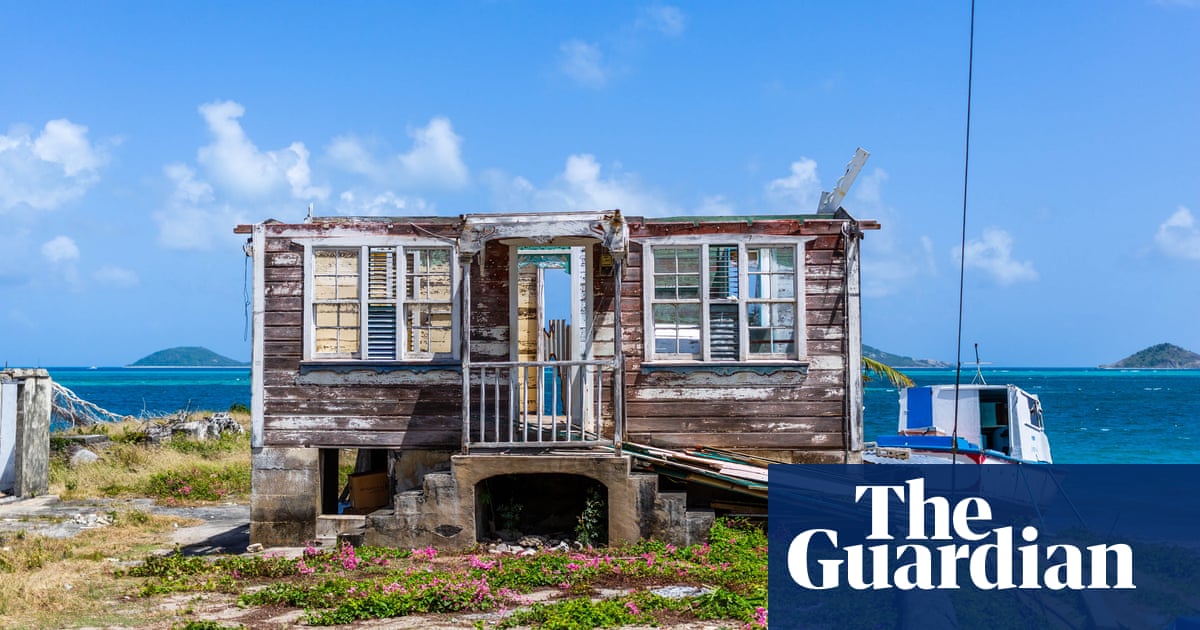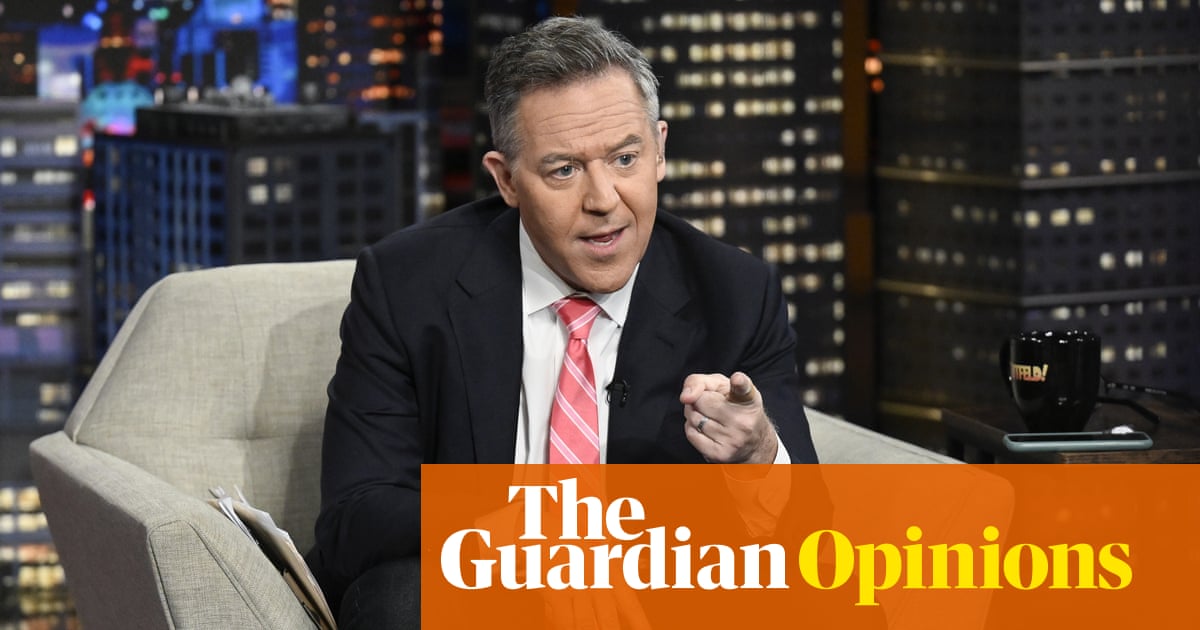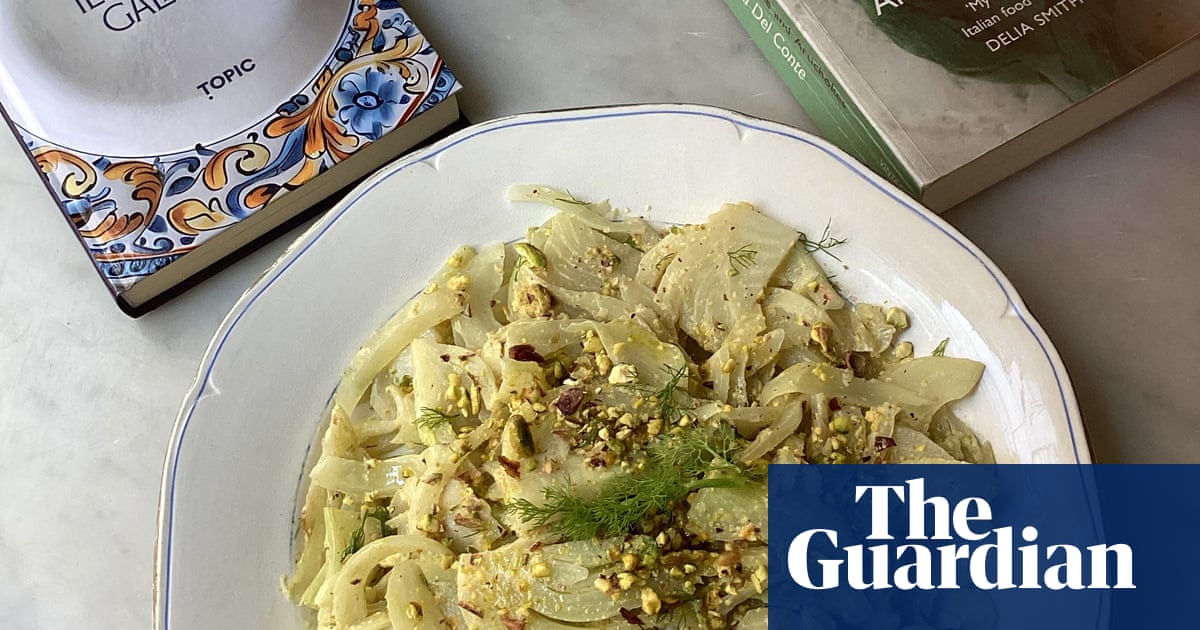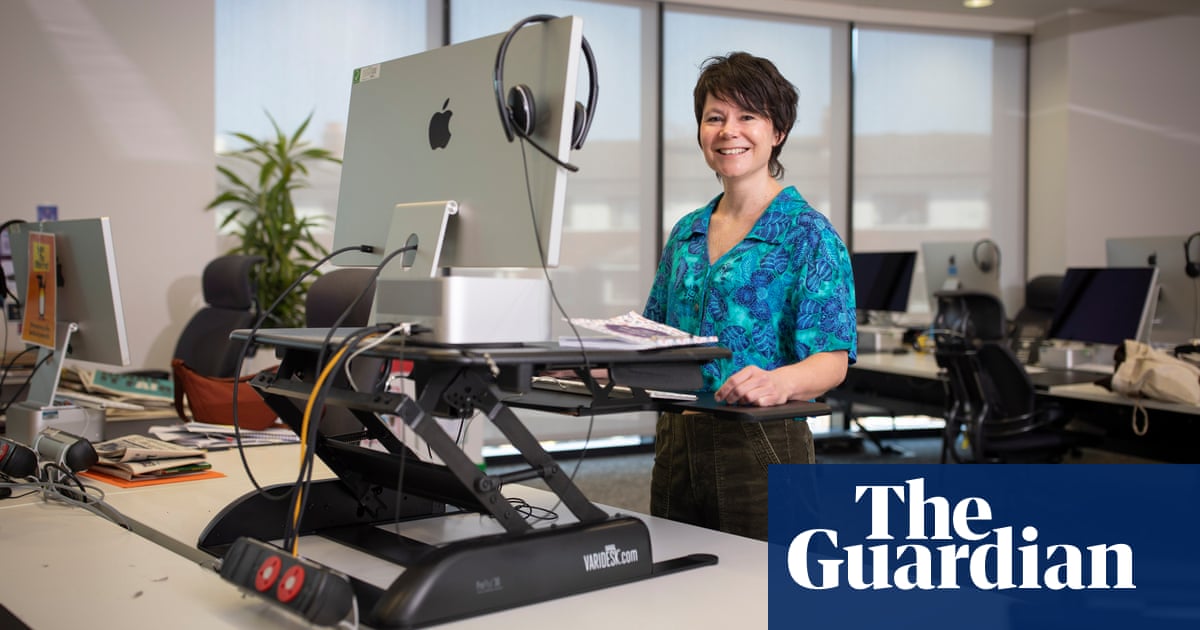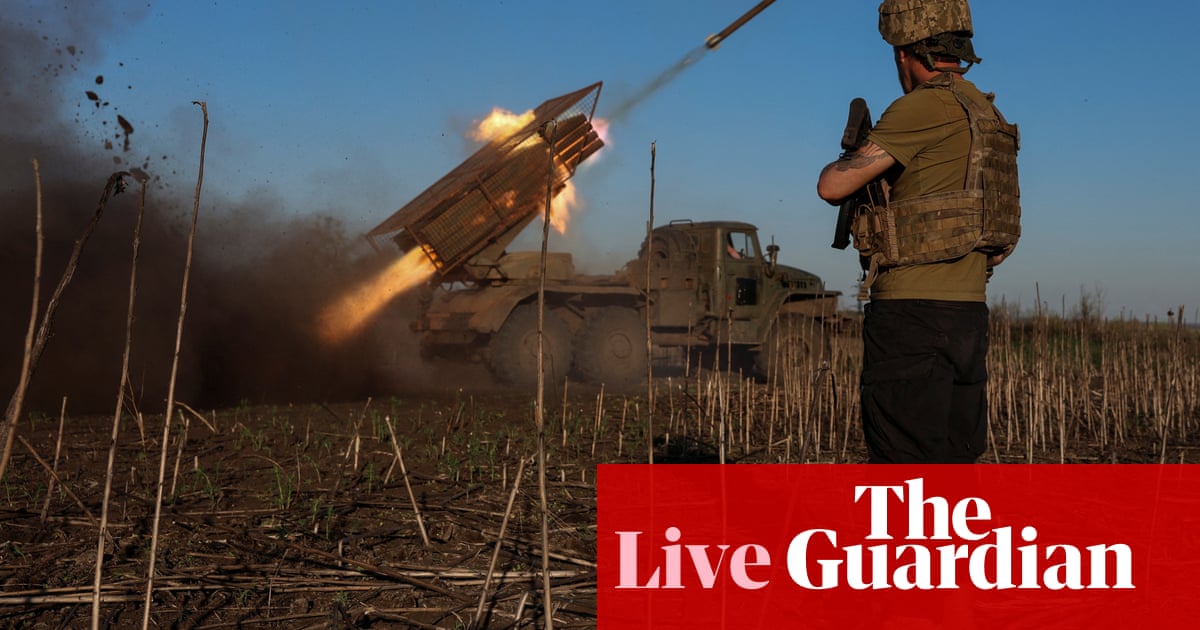Mike Pence called on Donald Trump’s incoming administration to maintain support for Taiwan against the threat of Chinese annexation during a surprise visit to the capital, Taipei, on Friday.
On the eve of Trump’s inauguration for his second term as president, his estranged former vice-president said withdrawing or reducing support for Taiwan – as Trump has repeatedly indicated he is considering – would endanger global security and “likely spark a new nuclear arms race” in the Asia-Pacific region.
He said if the Chinese Communist party was able to take control of Taiwan, smaller Asian countries who were fearful of China would no longer feel confidence in US deterrence. “Ultimately nations would feel they have no choice but to develop their own nuclear arsenal,” he said.
He called on the new Trump administration and US allies to “renew our commitment” to providing Taiwan with what it needed to defend itself and maintain its freedom.
“In addition to military support, there’s no better time for the incoming administration to begin negotiations on a free trade agreement with Taiwan,” he said.
Pence’s surprise visit to Taiwan – his first – was as a special guest at the signing of an agreement between the Taipei Language Institute and the US Purdue Research Forum, and followed a visit to speak at a Hong Kong business forum.
US media reported he had also planned to meet Taiwan’s president, Lai Ching-te, and vice-president, Hsiao Bi-Khim, who was the island’s de facto ambassador to the US during Pence’s time in office.
Last week Pence wrote in a Washington Post editorial that there was a “new and troubling strain of isolationism” emerging in the US Republican party, which advocated abandoning Taiwan to the threat of Chinese invasion.
He pointedly referred to recent comments by Trump that were dismissive of Taiwan, saying they demonstrated a “dangerously narrow understanding of America’s role in the world and ignorance of the far-reaching consequences of American disengagement”.
Trump has made several remarks suggesting his support for Taiwan might have waned, including accusations that Taiwan “stole” the US semiconductor industry, and suggesting that it pay the US for “protection”.
In his Friday address, Pence said he and Trump had “changed the national consensus on China in the US” during their term in the White House, after decades of leaders who “turned a blind eye” to China’s human rights abuses and other issues. He urged Trump to reassure the world the tough line would continue, and that “for the security and future of freedom and prosperity for America and all of our allies across the Pacific, America stands with Taiwan”.
The Chinese Communist party, under the leadership of Xi Jinping, has vowed to annex Taiwan as a Chinese province and has not ruled out using force. The US does not recognise Taiwan as a country but is nonetheless its biggest supporter, including with the provision of military equipment and weapons.
Pence had a spectacular falling out with Trump over the certifying of Biden’s presidential win, which Trump wanted to be overturned, and the subsequent 6 January insurrection during which some rioters chanted “Hang Mike Pence” and reportedly targeted the vice-president. Since leaving office Pence has been publicly lobbying for the US to maintain its global presence and influence to push back against rising authoritarianism.
At the UBS Wealth Insights summit in Hong Kong on Thursday, Pence reportedly called for the release of Jimmy Lai, the media mogul and pro-democracy activist on trial for national security offences. Lai is accused of conspiring to collude with foreign forces, and prosecutors have presented meetings with Pence in Washington as evidence. Lai has denied using his connections to sway US foreign policy.

 3 months ago
48
3 months ago
48



